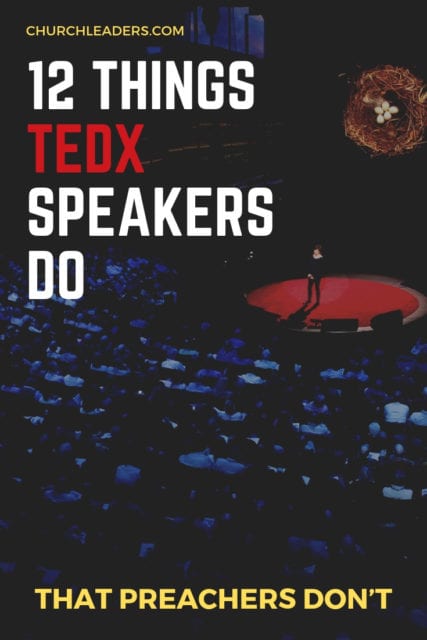7. Avoid industry jargon.
Christianese, anyone? “Don’t use too much jargon, or explain new terminology. … Spend more time on new information: If your audience needs to be reminded of old or common information, be brief.”
8. Draw people into caring.
“Start by making your audience care, using a relatable example or an intriguing idea. … Draw your audience in with something they care about. If it’s a field they never think about, start off by invoking something they do think about a lot and relate that concept to your idea.”
How often do we assume that everyone sitting in the congregation is as interested in our text as we are?
9. Show how it makes a difference.
“Don’t use your conclusion to simply summarize what you’ve already said; tell your audience how your idea might affect their lives if it’s implemented.”
10. Keep structure clear but invisible.
“Your structure should be invisible to the audience. In other words, don’t talk about how you’re going to talk about your topic—just talk about it!”
I thought this was especially interesting—the TEDx guide states that structure should be present, but that it shouldn’t be announced. Presumably, it should be natural and strong enough that everyone listening can understand it without explanation.
11. Stay planted.
“Practice standing still, planted firmly in one spot on stage.” So, yeah, about this. I have a VERY hard time with this. I should put two little shoe imprints near the pulpit.
12. Respectfully address arguments.
“Respectfully address any controversies in your claims, including legitimate counterarguments, reasons you might be wrong or doubts your audience might have about your idea.”
The Puritans spent much of their preaching time answering inner-objections—it’s what Tim Keller calls “preaching to the heart.” In a post-Christian society, we ought to be putting more time into answering arguments, not less.



